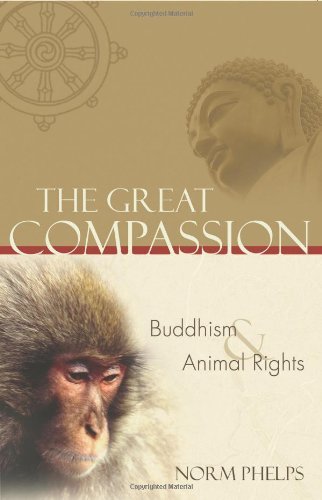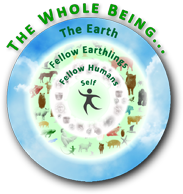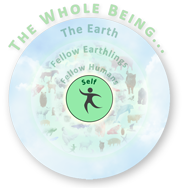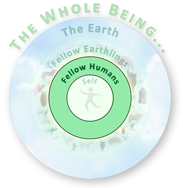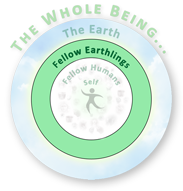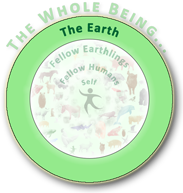Resource Library
To narrow down the list to only resources personally endorsed by CNCL, tick the “CNCL-Endorsed” box.
Please let us know if you find any errors or dead links.
Click here
for a list of…![]()
Broad-Coverage Independent News
& Media Sites
“A central goal of the educational outreach program at Foundation Earth is to promote “earth consciousness” in the citizens of all nations. A critical aspect of this work is to instill in the minds of the young an identification with and desire to protect the planet. An effective and achievable tool to accomplish this a major campaign to have a “Pledge of Allegiance to the Earth” be adopted in tens of thousands of elementary schools, and recited daily by many millions of young students at the beginning of each school day. The campaign will initially be focused on the United States but eventually will expand to international outreach. The Earth Pledge: I pledge allegiance to the Earth. To its mountains, rivers, soil and sky. One planet, irreplaceable. To be cherished and protected by all.” “The Ecologist is the world’s leading environmental affairs platform. We publish daily, bringing the latest news, comment, features and reviews to your screens – for free. You will find news about successful environmental campaigns, stories about advances in academic ecology and discursive articles touching on theoretical approaches that help us understand nature and the impact of our societies on the natural environment.” Film: “Economic globalization has led to a massive expansion in the scale and power of big business and banking. It has also worsened nearly every problem we face: fundamentalism and ethnic conflict; climate chaos and species extinction; financial instability and unemployment. There are personal costs too. For the majority of people on the planet life is becoming increasingly stressful. We have less time for friends and family and we face mounting pressures at work. The Economics of Happiness describes a world moving simultaneously in two opposing directions. On the one hand, government and big business continue to promote globalization and the consolidation of corporate power. At the same time, all around the world people are resisting those policies, demanding a re-regulation of trade and finance—and, far from the old institutions of power, they’re starting to forge a very different future. Communities are coming together to re-build more human scale, ecological economies based on a new paradigm — an economics of localization. We hear from a chorus of voices from six continents including Vandana Shiva, Bill McKibben, David Korten, Michael Shuman, Juliet Schor, Zac Goldsmith and Samdhong Rinpoche – the Prime Minister of Tibet’s government in exile. They tell us that climate change and peak oil give us little choice: we need to localize, to bring the economy home. The good news is that as we move in this direction we will begin not only to heal the earth but also to restore our own sense of well-being. The Economics of Happiness restores our faith in humanity and challenges us to believe that it is possible to build a better world.” “The Emotional World of Farm Animals is a delightful documentary for viewers of all ages about the thinking and feeling side of animals that are all too often just viewed as food. Jefferey Masson, author of When Elephants Weep and Dogs Never Lie About Love, leads viewers through the personal journey he underwent while writing his latest book, The Pig Who Sang to The Moon. This journey into the sentient, emotional lives of farm animals brings Masson to animal sanctuaries around the country where caregivers and the animals themselves tell their harrowing stories of rescue and escape. Masson delves into the rich ancestry of these curious and intelligent animals and interviews top experts in animal behavior who offer scientific perspectives on these amazing creatures.” “The End of Meat is a groundbreaking documentary film envisioning a future where meat consumption belongs to the past…The End of Meat reveals the hidden impact of meat consumption; explores the opportunities and benefits of a shift to a more compassionate diet; and raises critical questions about the future role of animals in our society.” Book: “Peter Singer, the groundbreaking ethicist whom The New Yorker calls the most influential philosopher alive teams up again with Jim Mason, his coauthor on the acclaimed Animal Factories, to set their critical sights on the food we buy and eat: where it comes from, how it is produced, and whether it was raised humanely. The Ethics of What We Eat explores the impact our food choices have on humans, animals, and the environment. Recognizing that not all of us will become vegetarians, Singer and Mason offer ways to make healthful, humane food choices. As they point out: You can be ethical without being fanatical.” Book: “Do I need more protein? Am I getting enough nutrients for the baby? How do I defend my decision to stay vegan? These questions and more are on the minds of vegan moms-to-be who want to maintain their lifestyle but still nurture a healthy baby. Well, you can breathe a sigh of relief because a vegan pregnancy is not only possible, it’s also healthy and completely safe. With this helpful guide, you will learn about all aspects of vegan pregnancy from conception to bringing home baby, including: Which foods to eat (and avoid) to get optimum nutrients for you and babyHow to deal with disapproval from family and friendsMethods to ensure a vegan-friendly hospital birthSetting up a vegan nursery for the baby Packed with information for both moms and dads, including 150 nutritious and healthy recipes for the whole family, this book is the ultimate resource for parents who want the best for their baby-without sacrificing the vegan life!” “Permaculture designer Andrew Faust gives us an inspiring and heady narrative about the evolution of all life and human consciousness on Mother Earth. “ “Founded in 2013, The FANG Collective seeks to escalate resistance to the fracked gas industry while supporting other movements for justice.” “The Fearless Heart is a project of Bay Area Nonviolent Communication. Like many projects, it started small when, in 2010, Miki Kashtan finally got the nerve to start her own blog. The response was so positive, and the pleasure of putting out her ideas and experiences so meaningful, that writing emerged as a core aspect of Miki’s work. As her visibility and reach grew over time, a team of people coalesced in support of the vision that she is holding for what’s possible for individuals and for the world. The Fearless Heart is where Miki blogs. It acts as the publisher for her books and upcoming multimedia self-study guide to Nonviolent Communication. The Fearless Heart team supports trainings around the world conducted by Miki, and a number of other projects. We invite you to look around this site and see what draws your attention. We believe there is something here for anyone, from CEO to social activist.” Mining, Nuclear and Water issues in South Africa. “The FSE is today widely recognized as the most prominent of the environmental activist stakeholders in the mining industry – and its directors are listed as amongst the 100 most influential people in Africa’s Mining Industry.” Book: “In 1987, John Robbins published Diet for a New America, which was an early version of this book, and he started the food revolution. He continues to work tirelessly to promote conscious food choices more than 20 years later. First published in 2001, The Food Revolution is still one of the most frequently cited and talked about books of the food-politics revolution. It was one of the very first books to discuss the negative health effects of eating genetically modified foods and animal products of all kinds, to expose the dangers inherent in our factory farming system, and to advocate a complete plant-based diet. The book garnered endorsements by everyone from Paul Hawken to Neal Donald Walsch, Marianne Williamson to Julia Butterfly Hill. After ten years in print, The Food Revolution is timelier than ever–and a very compelling read. The 10th anniversary edition has an updated, new contemporary look and a new introduction by the author.” “The Forum’s mission is to encourage discussion, development, and dissemination of practical, policy-relevant ideas that will help to free humanity from the fear of terrorism and war. We think globally, promoting security that is inclusive, civilian-led, and consistent with the rule of law, including human rights. We believe that international cooperation and the use of incentives and sanctions, rather than overreliance on military force, is essential for the progress of a secure, civilized society in every country.” “Switzerland has everything it takes to secure its long-term supply on the basis of predominantly domestic and renewable energy sources and energy efficiency: natural, economic and financial resources as well as technological know-how. In order for the energy transition to succeed, it needs a clear framework, including as far as the nuclear phase-out is concerned. Nuclear power plants pose an unnecessary and unacceptable threat. They pollute the environment at all pre and post stages and leave nuclear waste behind. In addition, the construction of new nuclear power plants will hinder the development of a secure power supply with renewable energies and prevent incentives for (electricity) energy efficiency. The members of the Alliance nuclear phase-out commit themselves to the common goal of stopping the production of atomic energy. They are making political efforts to avert the construction of new nuclear power plants in Switzerland. “ Film: “There is a revolution happening in the farm fields and on the dinner tables of America – a revolution that is transforming the very nature of the food we eat. The Future of Food offers an in-depth investigation into the disturbing truth behind the unlabeled, patented, genetically engineered foods that have quietly filled U.S. grocery store shelves for the past decade. From the prairies of Saskatchewan, Canada to the fields of Oaxaca, Mexico, this film gives a voice to farmers whose lives and livelihoods have been negatively impacted by this new technology. The health implications, government policies and push towards globalization are all part of the reason why many people are alarmed by the introduction of genetically altered crops into our food supply. Shot on location in the U.S., Canada and Mexico, The Future of Food examines the complex web of market and political forces that are changing what we eat as huge multinational corporations seek to control the world’s food system. The film also explores alternatives to large-scale industrial agriculture, placing organic and sustainable agriculture as real solutions to the farm crisis today.” “Directed by Louie Psihoyos and executive produced by James Cameron, The Game Changers tells the story of James Wilks — elite special forces trainer and winner of The Ultimate Fighter — as he travels the world on a quest for the truth behind the world’s most dangerous myth: that meat is necessary for protein, strength and optimal health. Meeting elite athletes, special ops soldiers, visionary scientists, cultural icons, and everyday heroes, what James discovers permanently changes his relationship with food and his definition of true strength.” “We live in a concrete, violent, noisy, high tech, busy world. We have lost our connection to animals, to nature, and most of all, to ourselves. Animals are living lives of torment from beginning to end, their cries are unheard, their pain is unseen, and they are suffering. The rate of heart disease, cancer, obesity, and diabetes has never been higher. The rain forests are being destroyed, we are in a global drought, we are polluting our air, and species go extinct every day. But by having reverence for all life and by reconnecting with Mother Earth we each can change all that. At The Gentle Barn we stand up for the innocent, and we help animals and children alike remember that they matter. We open people’s hearts to the connections with nature. We open people’s minds to what is happening around us. And we inspire people to be an integral part of the solution. Through the stories and interactions with our animals, we can raise future generations to have reverence for all life, protect our planet, live good healthy, happy lives, and we will all be closer to having peace on earth!” Film: “With the exception of our companion animals and the wild and stray species within our urban environments, we experience animals daily only as the food, clothing, animal tested goods and entertainment we make of them. This moral dilemma is largely hidden from our view. THE GHOSTS IN OUR MACHINE illuminates the lives of individual animals living within and rescued from the machine of our modern world. Through the heart and photographic lens of animal rights photojournalist Jo-Anne McArthur, audiences become intimately familiar with a cast of non-human animals. From undercover investigations to joyful rescue missions, in North America and in Europe, each photograph and story is a window into global animal industries: Food, Fashion, Entertainment and Research. THE GHOSTS IN OUR MACHINE charts McArthur’s efforts to bring wider attention to a topic that most of humankind strives hard to avoid. Are non-human animals property to be owned and used, or are they sentient beings deserving of rights?” “We work with scientists, investors, and entrepreneurs to make groundbreaking good food a reality. We focus on clean meat and plant-based alternatives to animal products—foods that are more delicious, safer to eat, and better for the planet than their outdated counterparts.” “Buddhism ought to be an animal rights religion par excellence. It has long held that all life forms are sacred and considers kindness and compassion the highest virtues. Moreover, Buddhism explicitly includes animals in its moral universe. Buddhist rules of conduct—including the first precept, “Do not kill”—apply to our treatment of animals as well as to our treatment of other human beings. Consequently, we would expect Buddhism to oppose all forms of animal exploitation, and there is, in fact, wide agreement that most forms of animal exploitation are contrary to Buddhist teaching. Yet many Buddhists eat meat―although many do not―and monks, priests, and scholars sometimes defend meat-eating as consistent with Buddhist teaching. The Great Compassion studies the various strains of Buddhism and the sutras that command respect for all life. Norm Phelps, a longtime student of Buddhism and an acquaintance of His Holiness the Dalai Lama, answers the central questions of whether Buddhism demands vegetarianism and whether the Buddha ate meat. He is not afraid to examine anti-animal statements in Buddhist lore―particularly the issues of whether Buddhists in non-historically Buddhist countries need to keep or to jettison the practices of their historical homelands.”Found 1620 Results
The Earth Pledge

The Ecologist

The Economics of Happiness (2011)
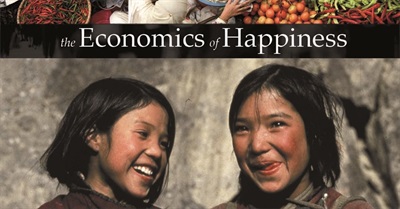
The Emotional World of Farm Animals | Full documentary
![]()
The End of Meat
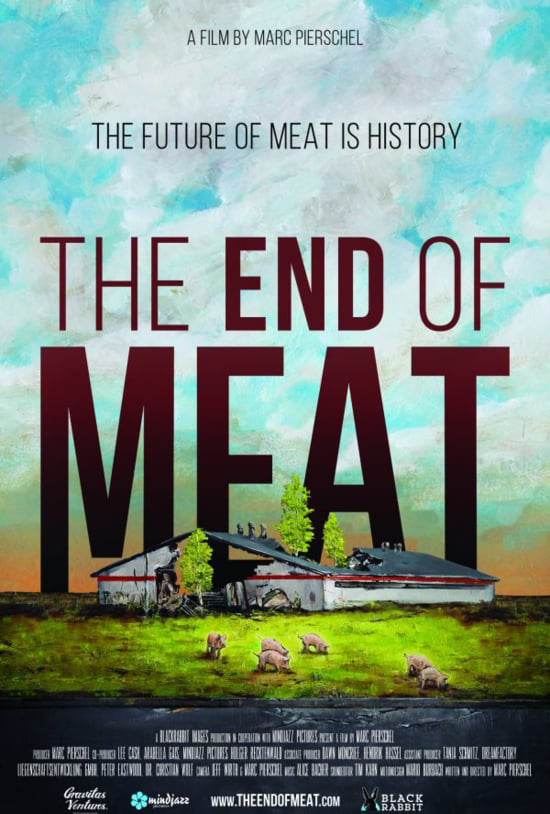
The Ethics of What We Eat: Why Our Food Choices Matter
The Everything Vegan Pregnancy Book: All You Need to Know for a Healthy Pregnancy that Fits Your Lifestyle
The Evolution of Ecological Consciousness (2013)
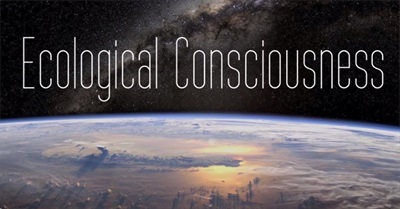
The FANG Collective
![]()
The Fearless Heart

The Federation for a Sustainable Environment
![]()
The Food Revolution: How Your Diet Can Help Save Your Life and Our World
The Fourth Freedom Forum
![]()
The future is renewable

The Future of Food
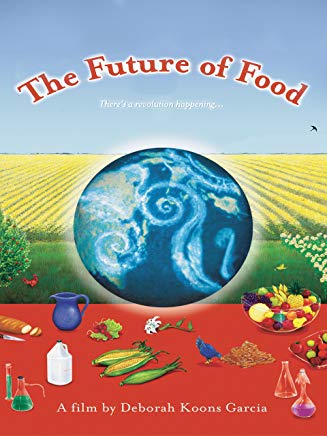
The Game Changers
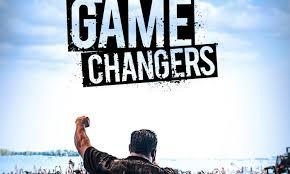
The Gentle Barn
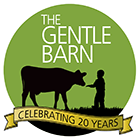
The Ghosts In Our Machine
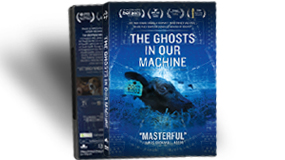
The Good Food Institute

The Great Compassion: Buddhism and Animal Rights
